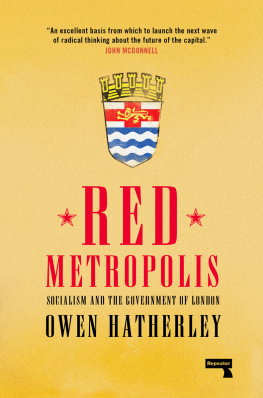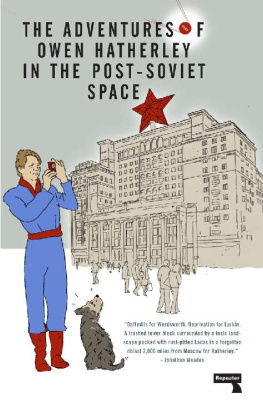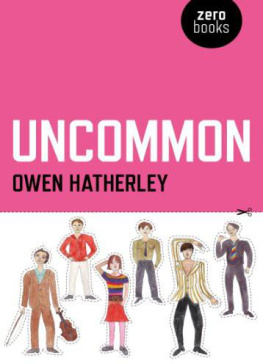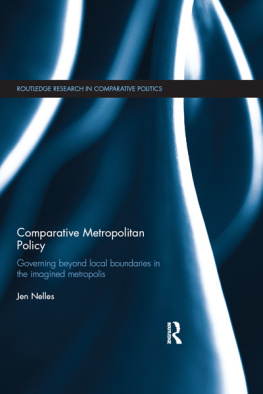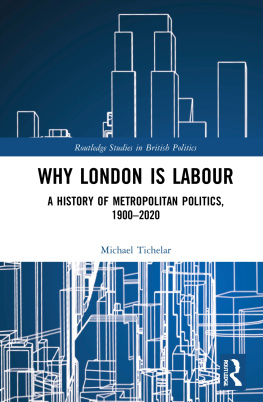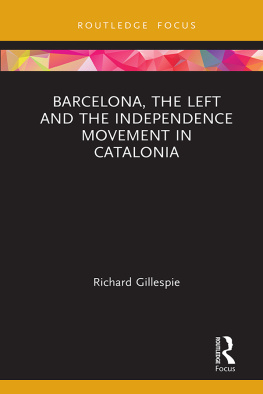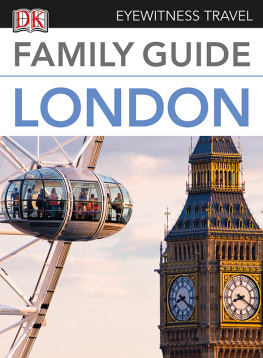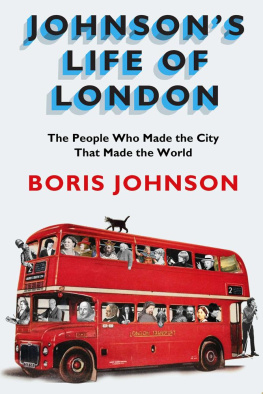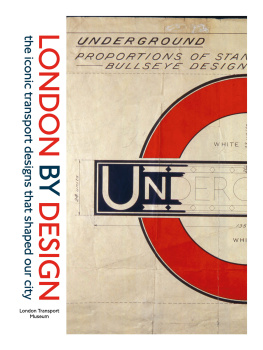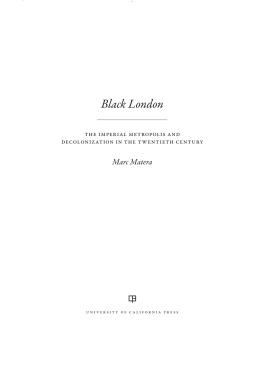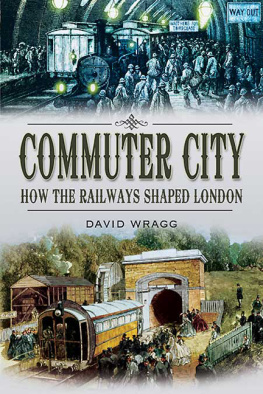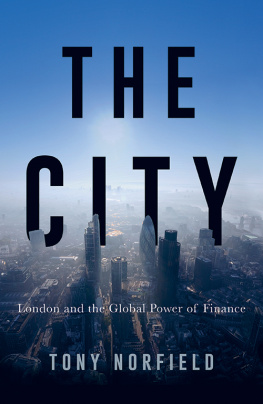
Hatherley is a hugely knowledgeable and passionate advocate for architecture and planning, a cracking writer, and an undervalued figure of the left. This intelligent and yes optimistic polemic is an extraordinary feat, very timely, and should spark debate among all good socialists. Sad to say, our current political placeholders are almost entirely ignorant of the material relevance of architecture and planning to social equity and to the success of our overdue house building programme. For anyone daring to tackle social issues, Red Metropolis should be compulsory reading.
EMMA DENT COAD, LABOUR COUNCILLOR FOR GOLBORNE WARD AND MP FOR KENSINGTON, 2017-2019.
No one else writes so clearly yet with such elegiac intensity about the symbiosis that exists between history and the built environment, or the lives that are caught, mangled and realised in its midst.
LYNSEY HANLEY, AUTHOR OF ESTATES: AN INTIMATE HISTORY
This book captures, like no other, the way London local government has been a tumultuous political battleground and the breeding ground of radical political ideas and social movements, whilst at the same time there has been an often unacknowledged subterranean exercise of brilliant administrative initiative. It is a fervent critique of the translation of progressive political imagination into concrete, often too literally concrete, reality. It stands as an excellent basis from which to launch the next wave of radical thinking about the future of the capital.
JOHN MCDONNELL, DEPUTY LEADER AND CHAIR OF FINANCE OF THE GREATER LONDON COUNCIL, 1981-85, AND SHADOW CHANCELLOR, 2015-2020


Published by Repeater Books
An imprint of Watkins Media Ltd
Unit 11 Shepperton House
89-93 Shepperton Road
London
N1 3DF
United Kingdom
www.repeaterbooks.com
A Repeater Books paperback original 2020
Distributed in the United States by Random House, Inc., New York.
Copyright Owen Hatherley 2020
Owen Hatherley asserts the moral right to be identified as the author of this work.
ISBN: 9781913462208
Ebook ISBN: 9781913462215
All rights reserved. No part of this publication may be reproduced, stored in a retrieval system, or transmitted, in any form or by any means, electronic, mechanical, photocopying, recording or otherwise, without the prior permission of the publishers.
This book is sold subject to the condition that it shall not, by way of trade or otherwise, be lent, re-sold, hired out or otherwise circulated without the publishers prior consent in any form of binding or cover other than that in which it is published and without a similar condition including this condition being imposed on the subsequent purchaser.
Printed and bound in the United Kingdom by TJ International Ltd
There is no London stock, no standard London speech there is no common London type. Our origins and our characteristics are very mixed. So Im not sure what London is. I am not sure who the Londoners are. But I love London; I love the Londoners.
Herbert Morrison, How Greater London is Governed, 1935
CONTENTS
Preface: London in Limbo
I spent the first moments of 2020 on the balcony of a top-floor ex-council flat in Bermondsey, with a frontal view of the Shard, the ninety-five-storey edifice owned by the Qatari royal family that is the tallest building in Britain. As the 2020s approached, the spiked tip of this glass tower threw red, white and blue searchlights across the sky, and sparkled from bottom to top with electronic light. After wondering, through much of the 1990s and 2000s, what happened to the future, I felt foolish. Here we all were, in a futuristic skyscraper city at breaking point, with an authoritarian nationalist government aided and abetted by a servile press that had repeatedly and demonstrably lied to keep it in power, in strict lockstep with a global hegemon headed by a sociopathic reality TV tycoon. Happy new year to Mega City One, Neo-Tokyo, Metropolis, Beszel and Ul Qoma here we are, in the future after all.
In one clip of footage from New Years celebrations on the Thames, doing the rounds on social media on January 1, a familiar chant could be heard from part of the crowd, to the tune of the White Stripes Seven Nation Army. Oh, Jeremy Corbyn. I saw this first on the account of a recently unseated Labour MP, who was held up to ridicule hadnt she ever heard Seven Nation Army before? But having seen crowds the size of a demonstration turn out to leaflet for that former MP earlier the same month, I wasnt at all surprised. A group of drunk and teary ex-canvassers, no doubt, having their bittersweet last word.
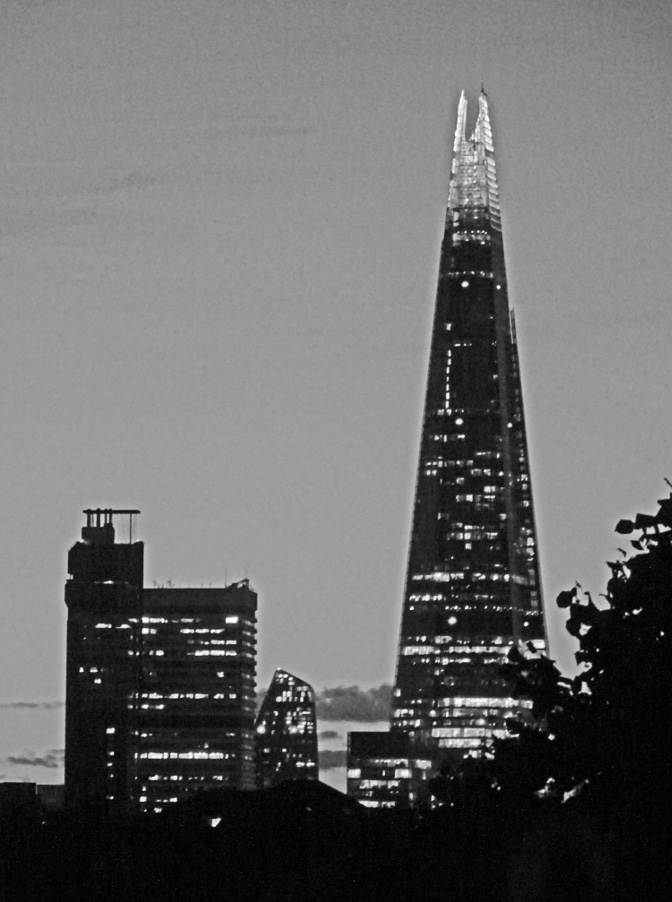
London in 2020
The short book you have in your hands was written between December 2019 and February 2020, then rewritten that April and May. Originally intended as an essay in the New Left Reviews series Metropolitan Disorders, in the writing of it a planned 7000-word vignette became a 14,000-word essay, and then this 50,000-word book. It was conceived as an argument for the achievements of municipal socialism for an audience the Mandarin Marxists of the NLR who I would expect to be hostile to such Labourist reformism, with town halls an unlikely force to hold back the ruthless capitalist tide of History, capital H. Joined to this history of governmental anti-capitalism in the capital was an attempt to come to some sort of preliminary reckoning with the shift to the left here since 2015, and the startlingly little we have to show for it.
It is, however, mostly a work of History, albeit in a manner currently very unfashionable: an account of events explicitly in the service of a particular political tendency (although I hope it can be read with interest by those who are not already convinced). Most of all, this book aims to bridge the gap between the two sides of the local left: the local social democratic state that has improved the lives of millions for the better, through aggressive, top-down transformations of health, housing, leisure and work; and the local social movements that have brought in the unruly energy and the strong democratic commitment that the most radical bureaucrats can too often forget about.
It was rewritten in April-May 2020 under quarantine. At the start of the process of lockdown, at the beginning of March 2020, it seemed as if the programme the left had fought for so bitterly was about to be implemented as a means of stopping the Covid-19 outbreak from capsizing industrial civilisation altogether. Government-underwritten income guarantees. A state takeover of the railways. Local authorities given a deadline to house every single person sleeping rough in their borough. Broadband considered as a public service, something for which the Labour manifesto had been roundly mocked just weeks earlier. A Universal Basic Income, the demand of a futurist left, was briefly considered as a plausible Tory government policy. Meanwhile, as the 2017 and 2019 Labour manifestos were ransacked for policies, a bizarre and negligent government response to the pandemic turned Britain from a relatively insulated island into the worst-hit place in Europe. Opinion polls showed no government had been so popular in decades.
Next page
